Barnardo’s Care Journeys – Care Experienced Parents Unite – a peer research project 2021-22
Barnardo’s – Care Journeys
Barnardo’s is the UK’s largest national children’s charity. At Barnardo’s, we have a long history of supporting children in care and young people who are transitioning into independent adulthood. Care Journeys (who delivered this work) is one of Barnardo’s core priority programmes (key areas of focus for our voluntary funds). At the centre of our theory of change is a simple vision: that everyone who interacts with a care journey (across the wider care system) feel loved, supported, and given opportunities which matter to them. To achieve this vision, we have three areas of work: building caring communities and systems change, getting to positive destinations through positive experiences, and transformative practice. We conduct our work through five values.
- Learning, creativity, and change.
- Fighting for what is right.
- Procedure never comes before supporting people’s needs.
- Unconditional belief and participation.
- Love, care and being human
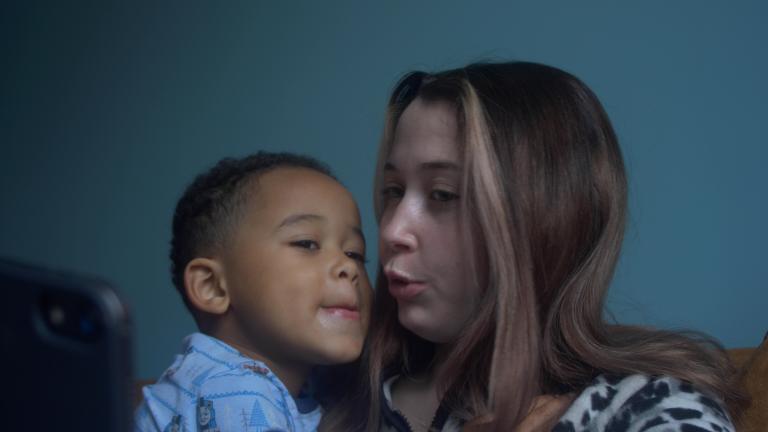
Why focus on Care Experienced Parents?
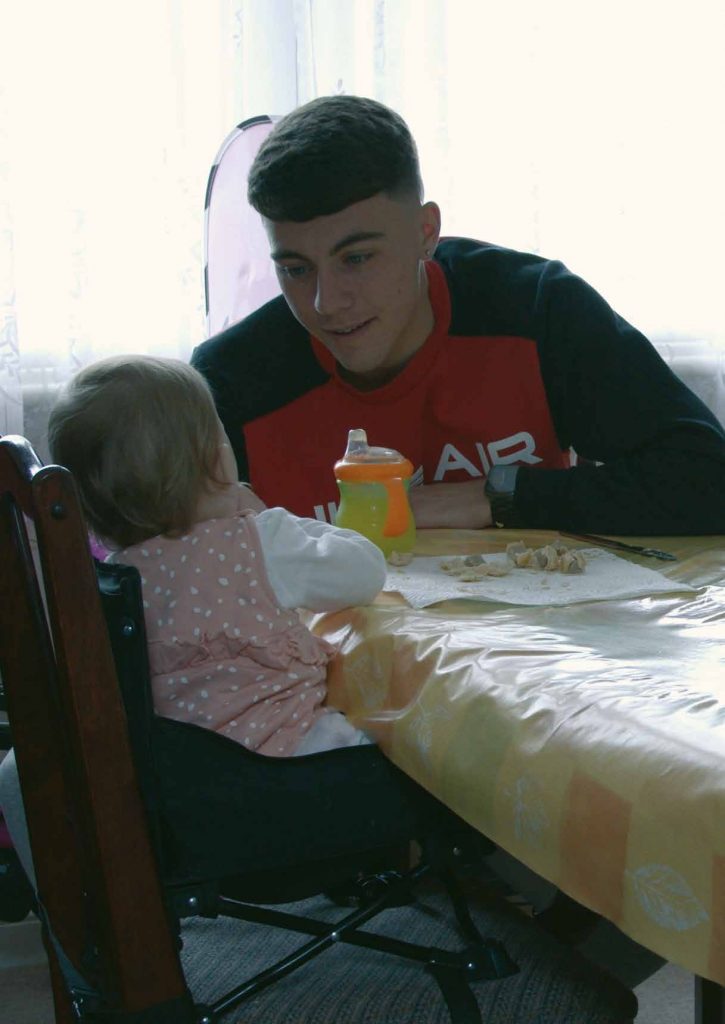
Young people who grew up in the care system are around 2.5 times more likely to become pregnant compared with other teenagers. These young people face the challenge of transitioning to independent living, while also having to ensure the needs of their child are met.
As a group, care-experienced parents are at increased risk of isolation and loneliness, can find it difficult to access mental health support, and often face financial difficulties since they face the costs of raising a child often on a very low income. Many care-experienced parents also have a long-term mistrust of social care professionals which can make it difficult to ensure they are accessing the support they need.
The Care-experienced Parents Unite for Change report seeks to demonstrate the importance of improving support for care-experienced parents through research conducted by researchers with lived experience of care and parenthood.
As experts by lived experience, this approach demonstrates the importance of involving care-experienced parents in designing the solutions they need to feel better supported. Once the research was completed, peer researchers helped to identify areas to influence change and improvement, alongside sharing positive experiences and evidence of what works.
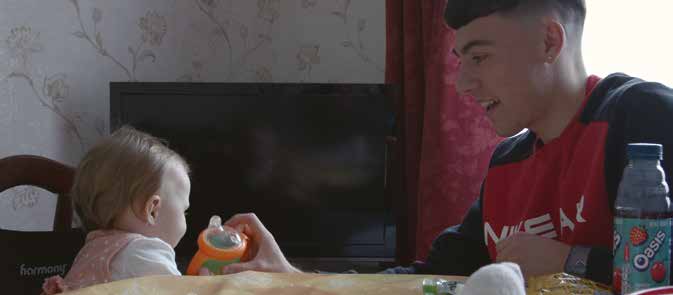
Check out this video developed by care experienced parents discussing key issues identified in our research and sharing their own experiences.
What needs to happen next?
“I didn’t want my relationship with my kids to be like my relationship with my mother. Because I don’t have a relationship with my mother and I haven’t for a long, long time, but I think that was the most frightening thing as a parent it was kind of scary because I felt like I’d only known her parenting. So, I didn’t know anything else.”
We need to listen to care-experienced parents’ experiences to improve the care system.
We believe these five recommendations for change would help local authorities and other public bodies to provide better support for care-experienced parents, and should form part of the implementation plan for the Independent Review of Children’s Social Care in England.
- There should be an accessible family hub available in every area providing a one-stop shop where parents and prospective parents can go for advice and support.
- Care-experienced parents should get support up to the age of 25 to build their own ‘village’ of informal support. This should include having access to family-finding support and ‘buddies’ or independent visitors.
- All local authorities should develop policies on how they support care-experienced parents as part of their local leaving care offer.
- More public bodies including the NHS and police forces should have a statutory responsibility to support children in care and care leavers. This would extend the role of being a ‘corporate parent’ beyond children’s services to include, for example, midwives and health visitors.
- Care-experienced parents need to have access to mental health support. This should be a key consideration for new Integrated Care Boards as they develop their plans for children and young people’s services. There should also be a new role created for virtual mental health leads in every local authority whose job it would be to improve mental health services for children in care and care leavers.
“It was quite bad. I got moved into really inappropriate properties. My social worker just didn’t really check in on me. We didn’t really have a relationship. I was just kind of left if that makes sense. And I was fine with that at the time because I wasn’t really bothered. But looking back now, it could have been dangerous, if that makes sense. And I think I was just quite lucky that it didn’t go really bad.”
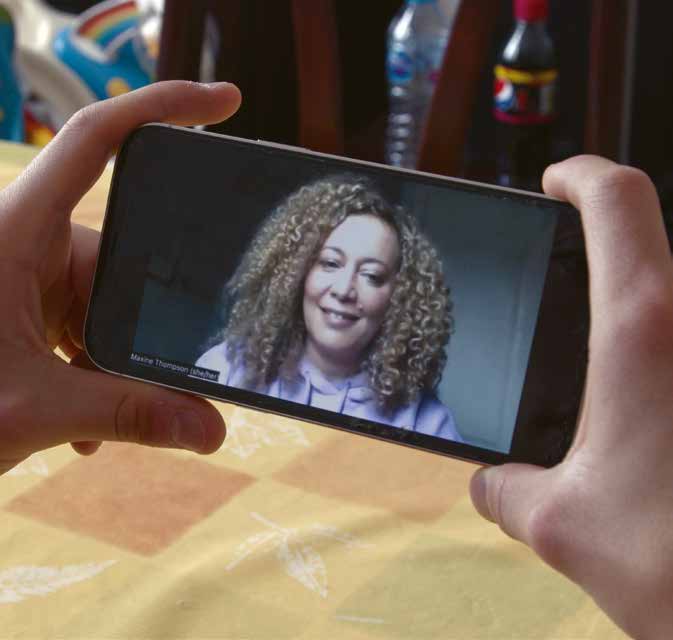
Hear more about what we did and how, and what it was like working on this project from our peer researcher Jade presenting at our launch event.
Lessons from the peer research approach and impact on those involved
- Allow plenty of time and resources for the development and support of the peer researchers (PR) individually and as a group this is essential to build strong foundations and confidence to deliver the research successfully.
- Place emphasis on their support/needs throughout and the development of peer support. Offer regular supervision.
- Offer a training plan for different stages of research (understand the skills/experience PRs have or don’t have)- additional input when needed such as a toolkit to utilise.
- Reward and recognition for the role- including payment and careful recruitment.
- Consider its’ not just what we do but how we do it – offering meaningful opportunities to those with lived experience. Peer researchers brought the expertise of their own lived experiences. Their knowledge and inside understanding of the issues being studied enhanced the quality of the research findings to ensure research outcomes were relevant and effective.
- Based on the learning from our peer research project we want to encourage others to undertake a peer research approach to future studies which seek to engage with young people and or those particularly who are vulnerable or who are sharing personal and sensitive information about their lives. The basis of co-production and participation are central to a peer research design and should form the foundation of research. The insight, understanding and commitment of peer researchers make the peer research approach invaluable for studies involving young people and we urge academic research teams and other services to embrace such participatory approaches that will be of benefit to their study, to the young people who take part in the research or to those who undertake the peer researcher role.
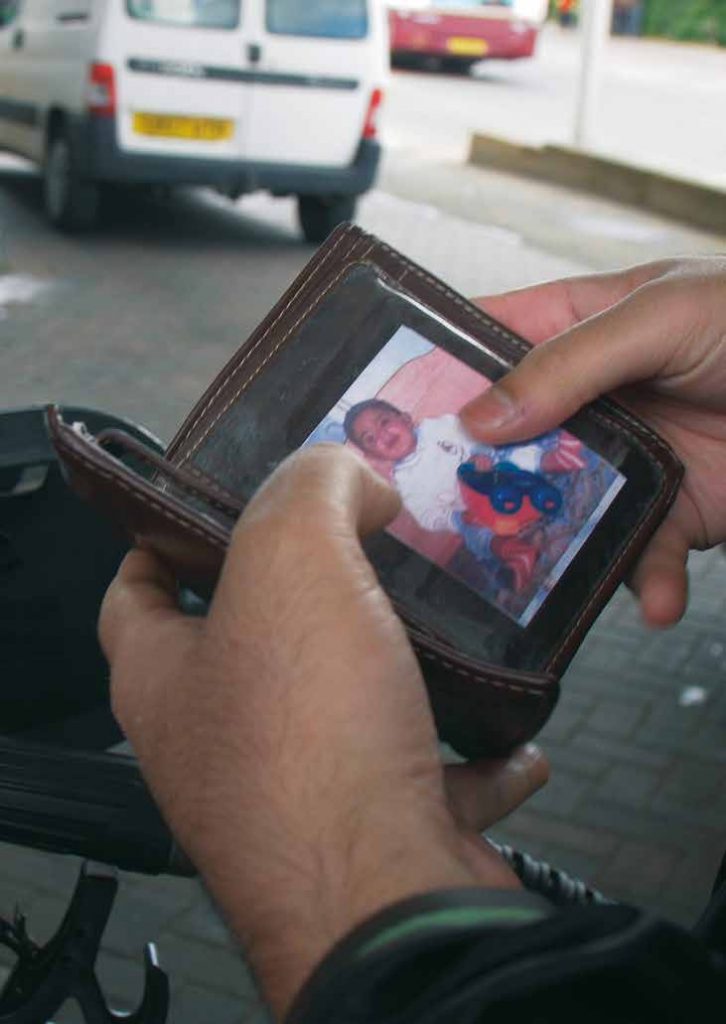
Quotes from PRs
“However, I felt an instant connection to ‘care experienced’. The advert made me feel heard, before I’d even spoken.”
“Theory and training can help research teams accept and acknowledge aspects of inclusivity, but lived experience brings a deeper level of understanding.
We didn’t just want to get it right for the project – we needed to get it right for our care-experienced community.”
“This has been my first ever experience of being in a group of people that have relatable experiences to my own”
“This project has helped me to be proud of myself as a CEP and not to feel isolated and alone in my experiences.”
The time spent allowing PR’s to get to know each other before work started meant a ‘safe space’ was created, allowing for respectful challenge of each other during planning meetings. Felt able to say ‘I see things differently or ‘i disagree’
Dear Baby I will love you forever’ a powerful poem written by a young care experienced parent from London whilst pregnant. Performed by local creative on her behalf.


